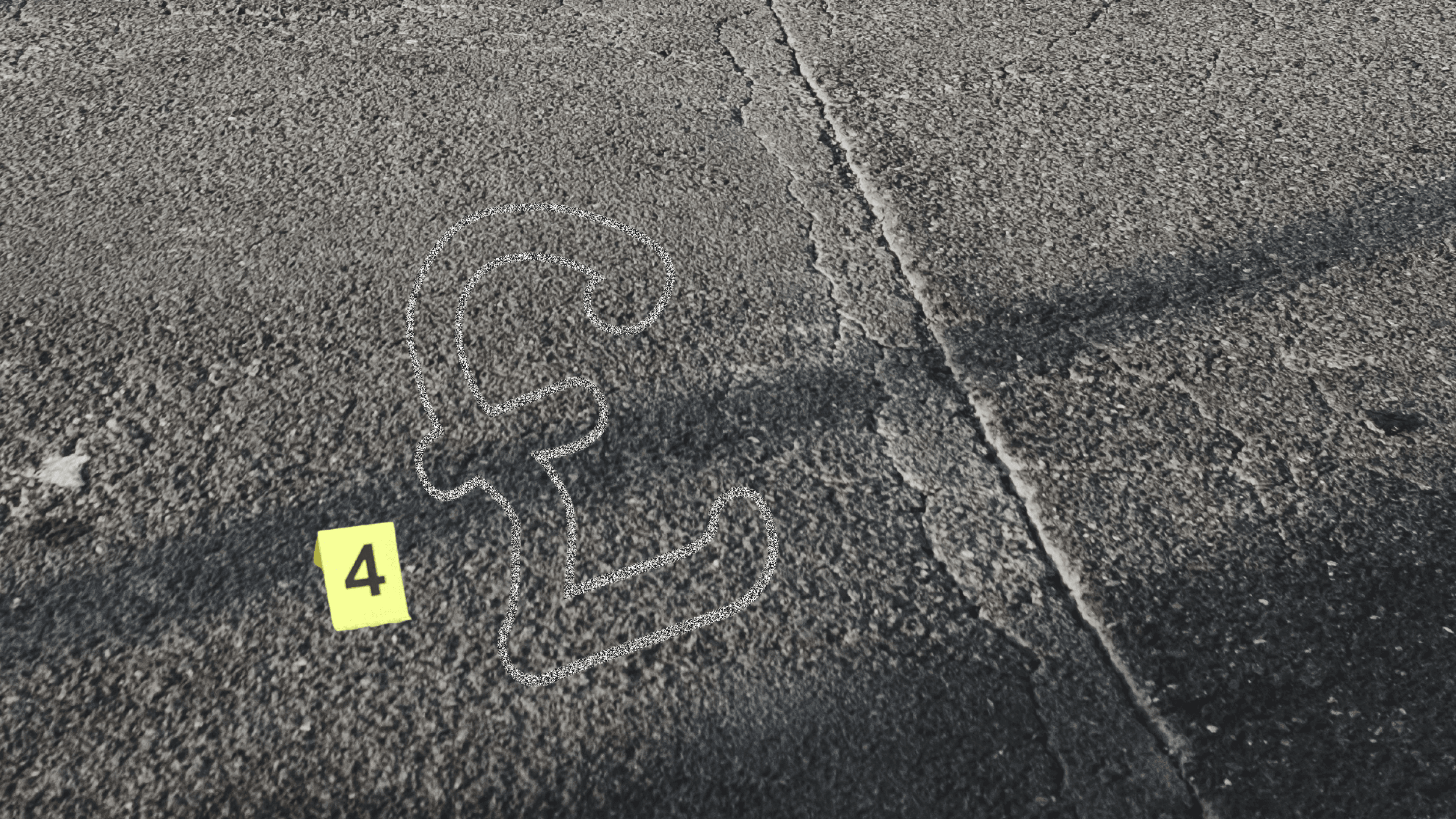Blurred lines: How 86% of criminal networks exploit legal business structures to operate
Published

Harriet Holmes
Senior AML Enablement and Product Assurance Manager

“The lines between the illegal and legal worlds become increasingly blurred; criminal finances and investments are tangled with legal ones" - Europol 2024
As reported by Europol in their most recent publication "Decoding the EU’s most threatening criminal networks", the links between criminal and legitimate organisations are increasing. Everyone, from employees of small businesses to CEOs of multi-national corporations must be aware of how these criminals exploit vulnerabilities within businesses to ensure it doesn’t happen to them and to make business safer for everyone.
Although the methods vary, financial gain is a primary motivator in a huge amount of criminal activity. This is especially true for criminal networks which operate in structures previously only seen in legitimate businesses, who conduct themselves under the premise of “criminal entrepreneurship”.
When making money is the main goal for criminals and the organisations they “work” for, cleaning up the dirty money they have generated is an essential part of their activities. Understandably, due to the risks associated with handling dirty money, almost all (96%) of these criminal groups handle the laundering of their illegally earned money themselves, vertically integrating their processes to keep them in-house, just like a legitimate business would.
From dirty money to clean cash
If cash is king, then clean cash is the Emperor. If those operating in criminal networks want to reap the benefits of their exploitation in the form of expensive cars, watches, luxury holidays, mansions or reinvestment into their enterprises, they will need that money clean. Put simply, when a criminal makes money through illegitimate means, they then need to disguise how and why it came into their hands; this is known as “money laundering”. Money laundering is the process that gives criminals the ability to make it look like the money they acquired was made legally, enabling them to enjoy and benefit from their ill-gotten gains.
To launder their money, organised crime groups commonly defraud, impersonate and weasel their way into the lives of individuals, businesses and other organisations. Well-known methods of money laundering include investing in real estate, purchasing high-value goods in the retail sector, and conducting transactions through businesses that deal largely in cash. Although property, luxury goods and the abuse of cash-based organisations are the most notorious methods of money laundering (in part due to their frequent portrayal in the media) almost any industry can be impacted. Other sectors where money laundering and criminal activity commonly occur include construction, hospitality and logistics. Let’s take a look at each of these industries to understand more about how criminals use them for money laundering.
Constructing lies
When building a criminal enterprise, construction companies can form a great foundation for the money laundering activities required for growth and profit. Criminals use construction companies to launder their money in many ways including investing in the business itself, using a legitimate company to lease a premises to house or cover for their illegal activities, including the storage of any vehicles or goods for use in criminal activity. Other examples include classic financial crime including invoice or payment fraud (false invoicing, overcharging) or not fulfilling contracts (like leaving projects incomplete while still taking money from customers or completing sub-par work). Due to the nature of the construction industry, two genuine projects are rarely the same, this variability means that high costs, quality issues, or lack of work can go unnoticed by regulators or law enforcement.
Bad hospitality
Restaurants, bars, cafes, nightclubs and other establishments operating within the hospitality sector are commonly used within money laundering practices, Los Pollos Hermanos, anyone? As well as offering plentiful opportunities for “cooking the books” including investment, falsification of employment and mixing ill-gained and legitimate money and depositing them all as profits made by the business. Hospitality locations are also convenient as meeting places for criminal partners, as selling points for drugs and other illicit activity.
Fake freight
Logistics is a great method for laundering money, from simple import/export crimes such as carrying illegal goods overseas and utilising taxis to move money, to more complex systems like misrepresenting the value of shipped goods and hiding behind legitimate business structures.
There’s no business like a show business
Legal Business Structures (LBS) can be registered (knowingly or unknowingly) under the names of anyone within criminal organisations including leaders, core members and even lower-ranking members and their families. It's also common to use 'strawmen', individuals with clean criminal records who are often friends or relatives of network members, to register the LBS or associated accounts.
To reinforce their criminal activities and enhance resilience against law enforcement efforts, these LBS can span multiple countries. LBS that are exploited or manipulated by criminal networks for illegal purposes are found in almost 80 countries across various continents (70% of the most threatening criminal networks misuse LBS only in the EU, 20% both in and outside the EU, and 10% only outside the EU).
Example: How a legal business structure (LBS) can be exploited in illicit activities.
A criminal gang involved in drug trafficking may use an LBS in the import/export and port logistics sectors, which are critical to the drug trafficking process. Such structures are often established or infiltrated by criminal networks to hide drugs, facilitate transport, and store trafficked drugs under a legal guise.
In a real-life example, a Wigan-based drug gang, who laundered their criminal cash through ice cream parlours and takeaways, were sentenced to a total of seven decades in jail. This was part of an operation codenamed "Operation Trinket" by the police. Several group members registered themselves as directors of limited companies such as WTR Sheds, Mikey’s Sweet Dreams Ice Cream Parlour, Botatelli’s Ice Cream, and Spudway. These establishments were reportedly set up with the intention of laundering the extensive cash generated from their criminal activities.
The Europol report mainly focuses on the European Union (EU). However, it is worth noting that the United Kingdom (UK) has a thriving and active business environment with few restrictions on establishing a business. Although there have been some changes recently, such as an increase in the cost of incorporation, it is unlikely alone to deter those who want to start a business. Companies House plans to make some changes, including a new identity verification process, to further deter people from using companies for illegal purposes. However, as it stands, setting up a company in the UK is often abused by criminals who create seemingly legitimate companies, both domestically and offshore which are frequently used to launder illegal funds.
So, what now?
With the increasing integration of criminal networks within legitimate business structures, what can organisations do to protect themselves? Firms must implement robust Know your Business (KYB) procedures to thoroughly vet and verify their business partners, ensuring they do business only with legitimate entities. By doing so, companies can help mitigate the risks of money laundering, protect their integrity, and contribute to a safer business environment for all. Continuous education, stringent regulatory compliance, and proactive monitoring are essential strategies in the ongoing battle against financial crime.
Subscribe to our newsletter
Subscribe to our monthly newsletter for recaps and recordings of our webinars, invitations for upcoming events and curated industry news. We’ll also send our guide to Digital ID Verification as a welcome gift.
Our Privacy Policy sets out how the personal data collected from you will be processed by us.


